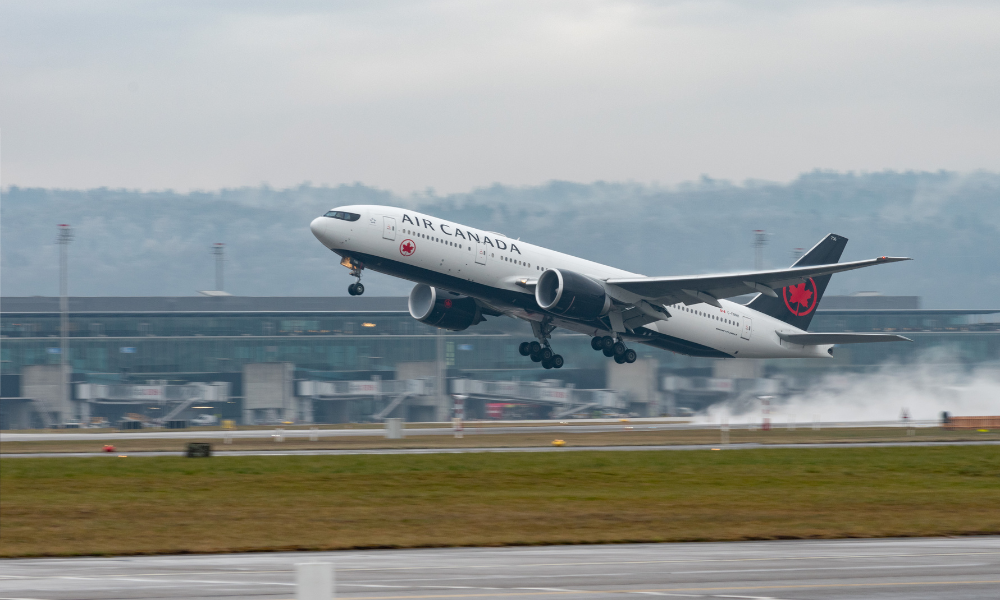
The union challenged a labour board decision that let 2,250 workers break off from a bargaining unit

The Federal Court of Appeal has agreed to pause proceedings in a union representation vote, the results of which could determine whether approximately 2,250 Air Canada workers will part ways with the union that has represented them for more than 80 years.
While the vote has already taken place, the FCA barred the Canada Industrial Relations Board from unsealing the ballots until the court resolves a legal dispute between CIRB and the International Association of Machinists and Aerospace Workers, which has represented Air Canada workers since 1941. Until recently, the union was the exclusive bargaining representative for 11,500 Air Canada technical, maintenance, and operational support workers.
However, in May, CIRB ruled that it would be appropriate for approximately 2,250 employees in that unit to break away and explore representation with the Aircraft Mechanics Fraternal Association instead.
IAMAW challenged the decision in court, but CIRB said it would still hold a representation vote.
The union filed a motion with the FCA, asking the court to pause the election proceedings until its judicial challenge against CIRB had been resolved. In an affidavit, IAMAW President and Directing General Chairperson Dave Flowers argued that if the AMFA secures “a majority of votes and this fact is disclosed, IAMAW’s reputation and relationship with its members and with the employer will be damaged, with the confidence of both in IAMAW undermined.”
On the other hand, if the ballots are unsealed and revealed and it turns out that workers voted to keep IAMAW as its bargaining representative, “IAMAW will be unfairly and unnecessarily prejudiced in its ability to represent its members,” Flowers said.
The FCA sided with IAMAW in a decision last week. If AMFA wins the election, pausing proceedings could potentially harm the union by delaying its new role as the workers’ bargaining representative. However, the FCA said this “harm is speculative in the same way that the harm identified by the IAMAW is speculative – the result of the vote is unknown.
“If the vote is in favour of the IAMAW, then there would be no harm to the AMFA if the stay is granted.”
In contrast, “since the IAMAW has represented these workers for decades, the harm [AMFA suffers] by a delay… is outweighed by the potential harm that would be suffered by the IAMAW if the vote was in favour of the AMFA, IAMAW’s judicial review application is successful, and the stay is not granted,” the court said.
Counsel for the unions did not immediately respond to requests for comment.